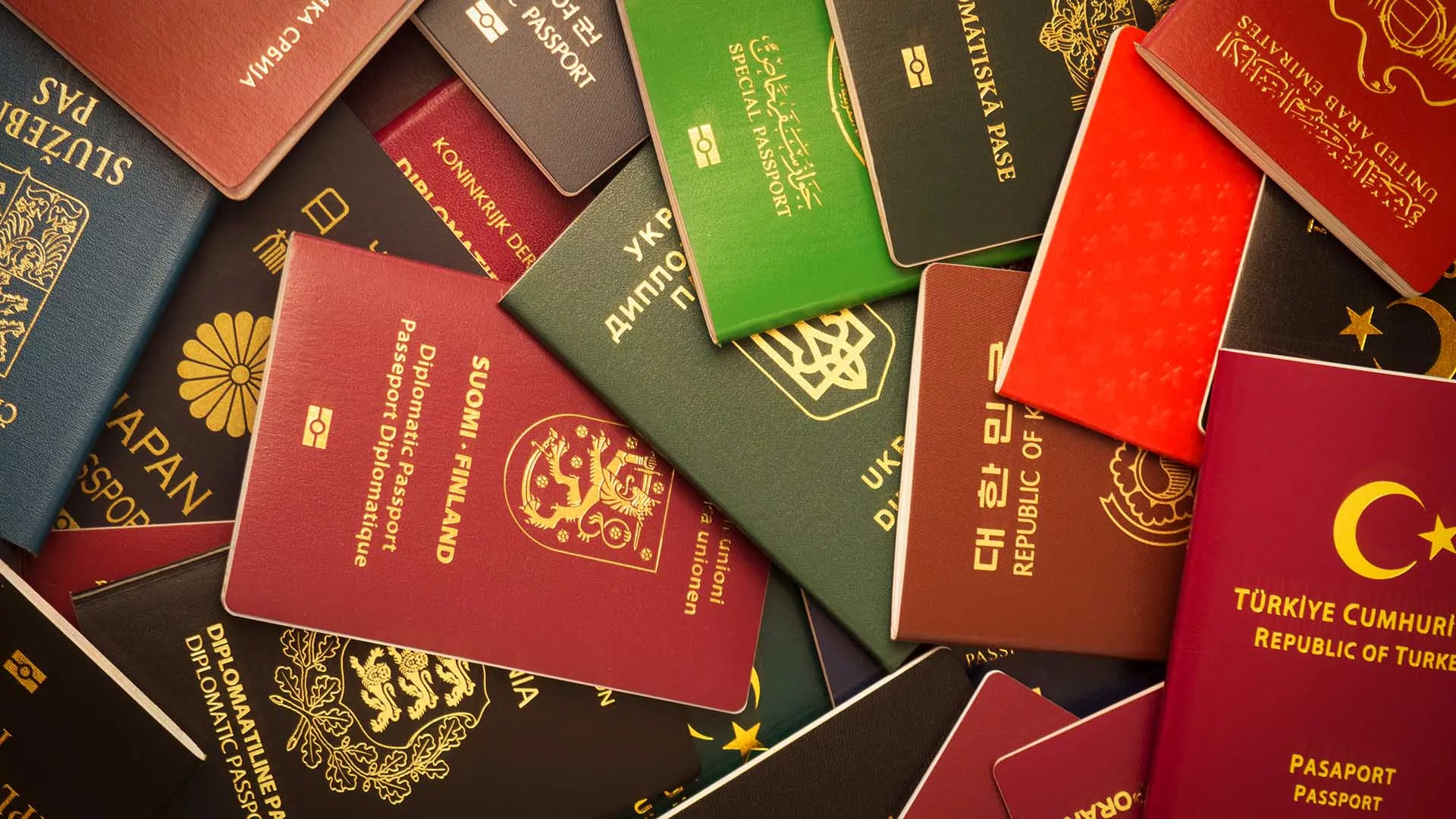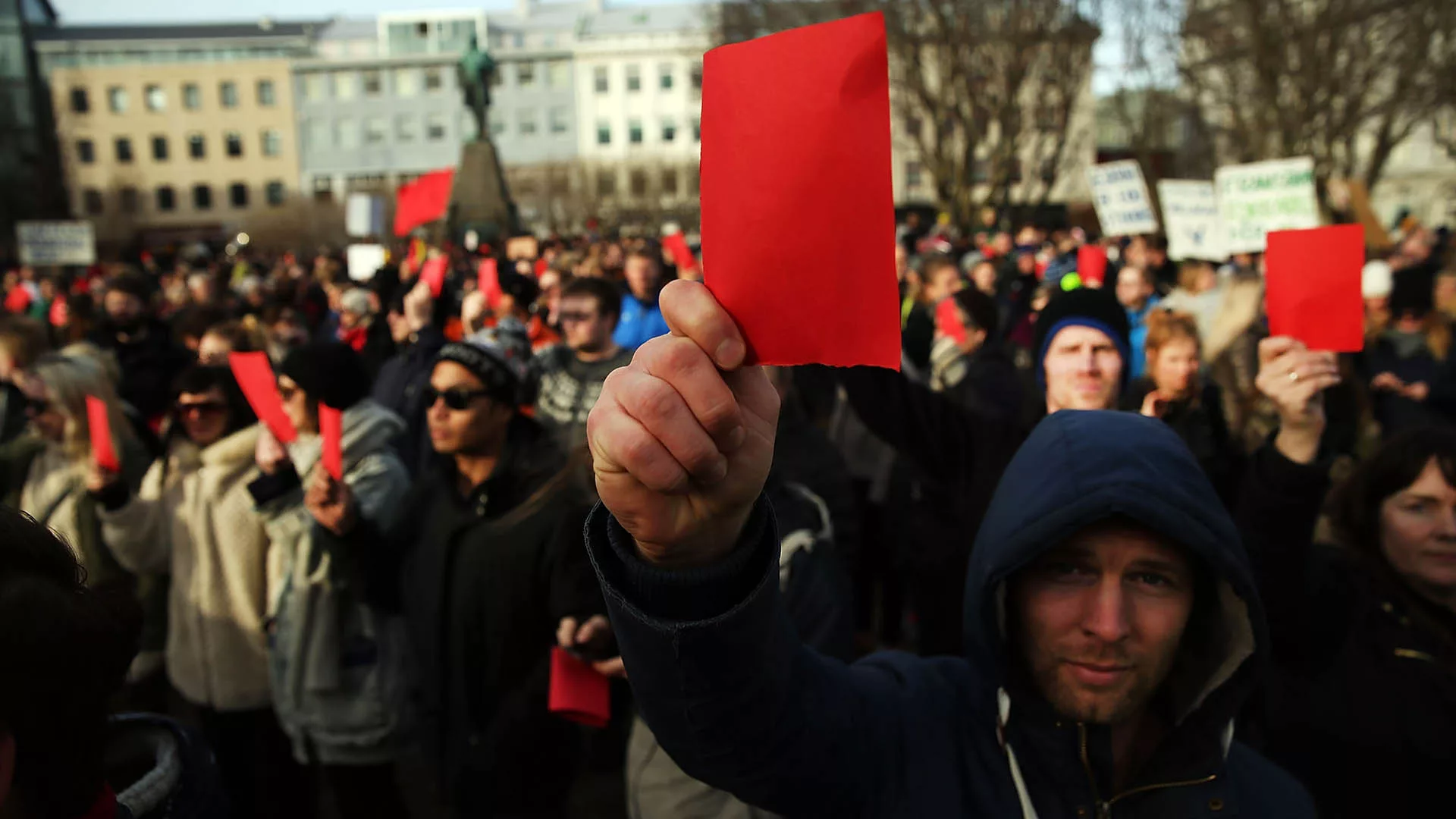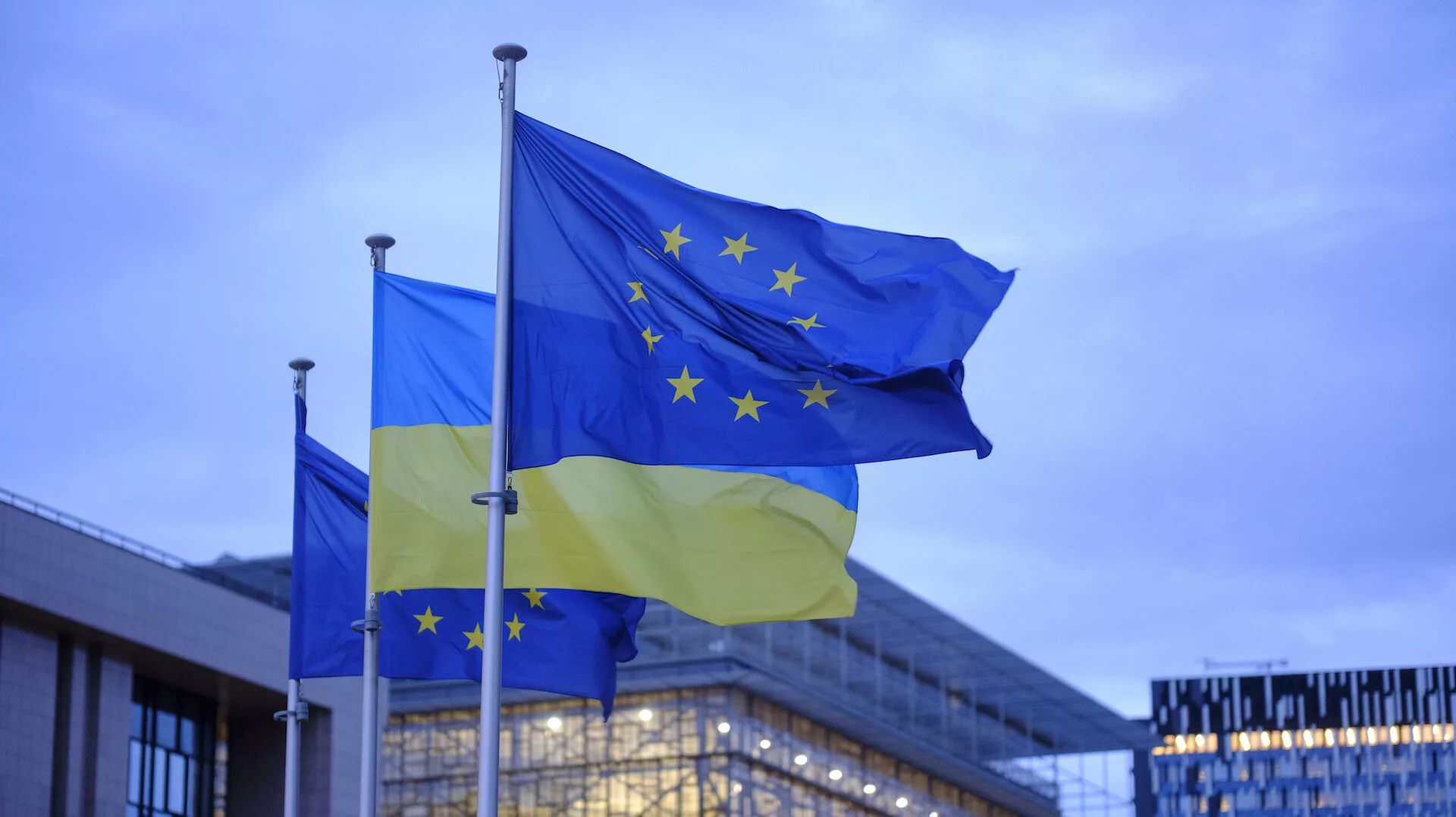Lithuania’s interior minister announced on Wednesday her intention to initiate a legislative change allowing the country to revoke the citizenship of naturalized Lithuanians deemed a threat to national security. This move followed revelations that a Russian billionaire utilized his children’s Lithuanian passports to conceal wealth from sanctions.
 Roman Abramovich. (Photo: Amir Hosseini/Fars Media Corporation, Wikimedia, License)Based on leaked data from Cyprus Confidential, an international collaboration led by ICIJ, OCCRP’s Lithuanian member center Siena disclosed that at least two children of Roman Abramovich, Anna and Arkadiy, held Lithuanian passports. The oligarch transferred a trust fund worth hundreds of millions to their names shortly before the West imposed sanctions on him over Russia’s invasion of Ukraine.
Roman Abramovich. (Photo: Amir Hosseini/Fars Media Corporation, Wikimedia, License)Based on leaked data from Cyprus Confidential, an international collaboration led by ICIJ, OCCRP’s Lithuanian member center Siena disclosed that at least two children of Roman Abramovich, Anna and Arkadiy, held Lithuanian passports. The oligarch transferred a trust fund worth hundreds of millions to their names shortly before the West imposed sanctions on him over Russia’s invasion of Ukraine.
Within hours of the news breaking, Lithuania’s minister of interior, Agnė Bilotaitė, held a surprise press conference, stating that the Baltic state’s citizenship “cannot serve as cover for sanction evasion.” However, she acknowledged that the Abramovich siblings cannot be stripped of Lithuanian citizenship under current legislation.
“The law does not provide the possibility to revoke citizenship obtained based on origin,” the minister said.
Legally entitled to restore their Lithuanian citizenship due to Abramovich’s Lithuanian grandparents on the father’s side, both Abramovich and his children were eligible for Lithuanian passports.
During the press conference, Evelina Gudzinskaitė, head of Lithuania’s Migration Department, confirmed that both Anna and Arkadiy are still Lithuanian citizens. She also clarified that Roman Abramovich does not possess a Lithuanian passport. However, she stated that the authority does not know how many of Abramovich’s seven children are Lithuanian citizens, asserting that his children, not being public figures, “have the right to privacy.”
Disagreeing with this perspective, Minister Bilotaitė deemed it a matter of public interest and announced her intention to initiate a change in legislation to broaden the country’s ability to revoke citizenship when a person is considered a threat to national security.
Lithuania‘s Prime Minister, Ingrida Šimonytė, expressed support for the move. “I do think this matter has to be resolved. If a change in legislation is needed, it will be initiated,” she stated on national radio on Thursday.
The Abramovich issue also became part of the Lithuanian President’s re-election campaign.
Gitanas Nausėda, in office since 2019, confirmed his intention to run for a second term in 2024 during a press briefing on Thursday. Responding to questions about the Abramovich siblings’ citizenship, he mentioned that citizenship was granted based on valid laws, emphasizing the need to check if they were applied correctly. Nausėda also expressed skepticism about the new legal initiative, as it appeared to be “aimed at individual persons.”
Published by: occrp.org




